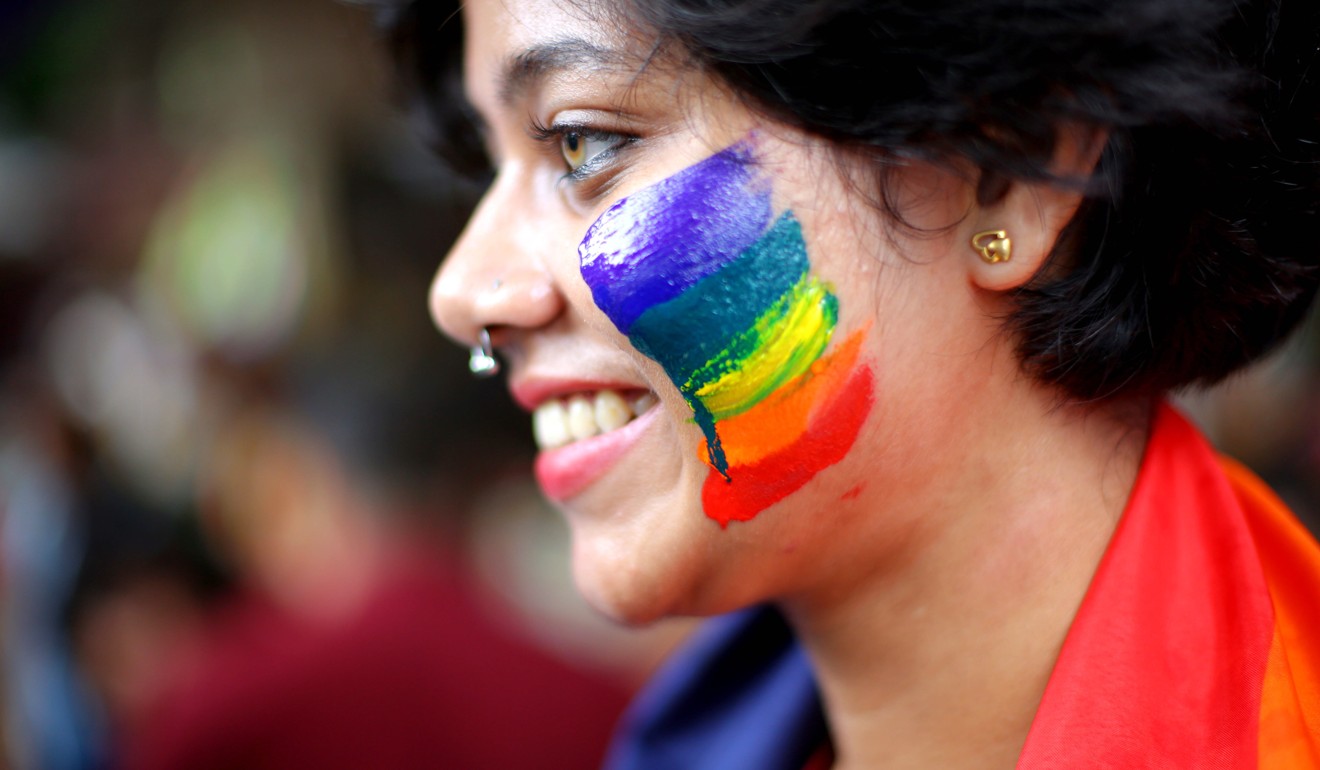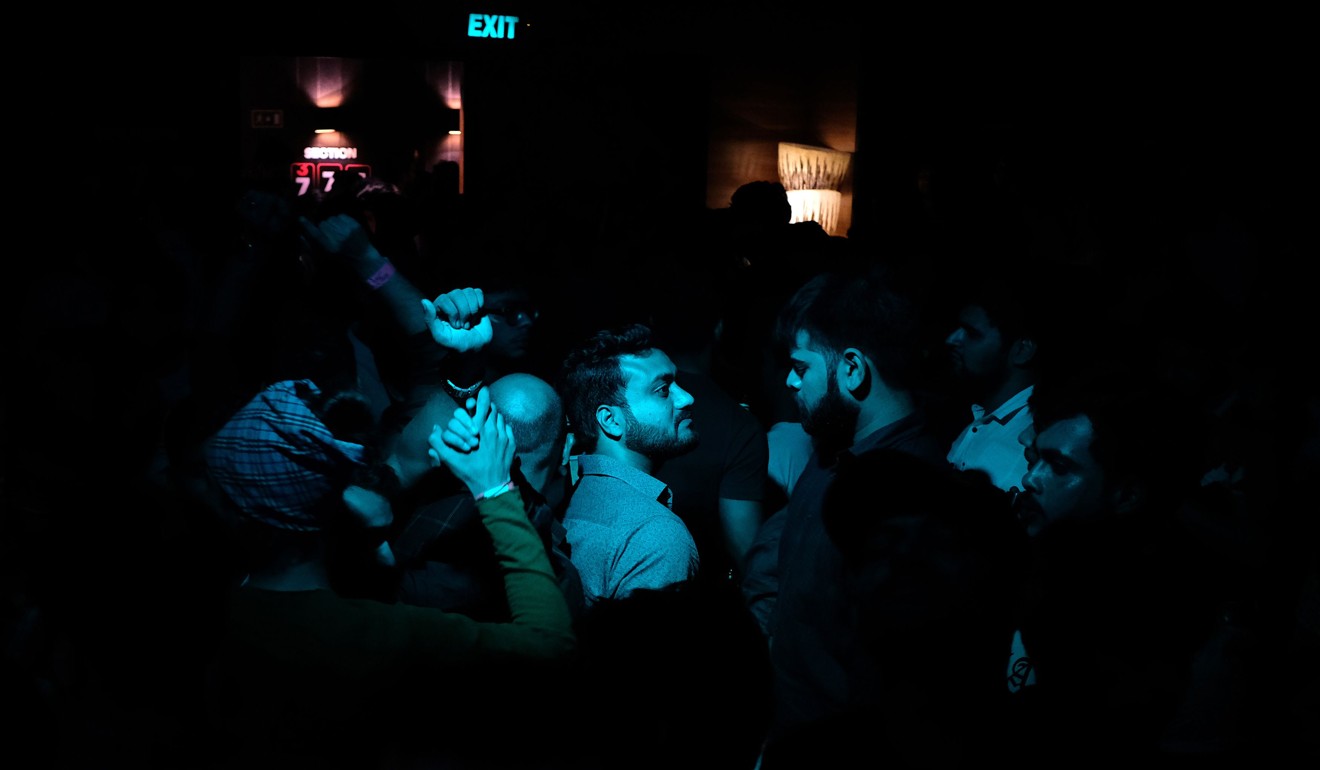
Indian activist held under quashed anti-gay law prays for salvation
Arif Jafar has been held since 2001 under the 157-year-old law that was struck down by India’s Supreme Court this week
One of the last Indian activists facing action under an anti-gay colonial-era law killed off by a landmark Supreme Court ruling expressed hope Friday that he would escape punishment in a new age of liberalisation.
Arif Jafar, 48, was arrested in 2001 under the notorious Section 377 law, which was struck down on Thursday.
India’s LGBT community celebrates historic legalisation of gay sex
“It was quite traumatic. I was picked up from my office with four others,” Jafar said. “I was beaten up in the jail for 15 days continuously until my fellow prisoners complained.
“I was denied every basic human right. I was made to sleep on the floor and I was not even given water to drink. It was horrible,” he said, his voice choking with emotion.
The case has still not come to trial because others accused are missing. Jafar, who now runs a London-based foundation to counter Aids and promote gay rights, was at the Supreme Court and collapsed in tears after the ruling.

“Finally I can appeal to the courts by showing them the Supreme Court judgment and I can be free at last,” he said.
The ruling was greeted with banner headlines such as “Love at First Right”, “Rainbow Nation” and “Independence Day”.
Many commentators said the five justices may have opened the doors to demands for greater civil rights for long-marginalised gays and lesbians, including same-sex marriage.
The Hindu newspaper called the verdict “a reaffirmation of the right to love” and “a welcome departure” from traditional mores.
India soars above global average in hiring female airline pilots
“Harassment and violence will continue to occur,” it warned.
“But if the long legal battle and the courage of queer people and communities are anything to go by, this fight for equal rights will not end. It will grow even stronger now that even the apex court has said there is no going back.”
The United Nations and rights activists around the world welcomed the Supreme Court ruling.
“This is a great day for India and for all those who believe in the universality of human rights,” the UN high commissioner for human rights Michelle Bachelet said in a statement Friday.

“I hope that other courts elsewhere in the world will look to India’s example and be encouraged to move in the same direction.”
But Prime Minister Narendra Modi’s right-wing government has yet to make a comment on the ruling.
Modi’s administration had initially opposed dismantling Section 377, though in July government lawyers said they would give in to the “wisdom” of the top court.
Justice D.Y. Chandrachud, who was among the five judges to strike down the law, said in his ruling that the government should have taken a categorical stand.
India soars above global average in hiring female airline pilots
The Indian Express said the ruling Bharatiya Janata Party (BJP)’s silence on the issue was “deafening”.
Veteran journalist Barkha Dutt said the government had lost an opportunity to bask in reflected glory by choosing to sit on the fence.
“In saying neither yes nor no, it has failed a critical leadership test,” she wrote in a column for The Washington Post.
India’s main opposition Congress and other small regional parties have welcomed the verdict.
The BJP’s ideological Hindu nationalist backer, the Rashtriya Swayamsevak Sangh, said it did not consider homosexuality a crime but it did not support same-sex relations.
“Traditionally, Indian society does not accept such relations,” it said in a statement.

.png?itok=arIb17P0)